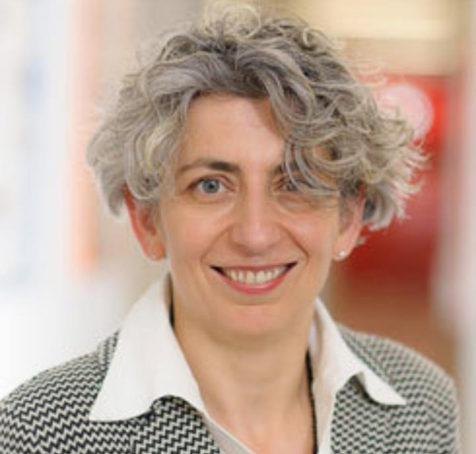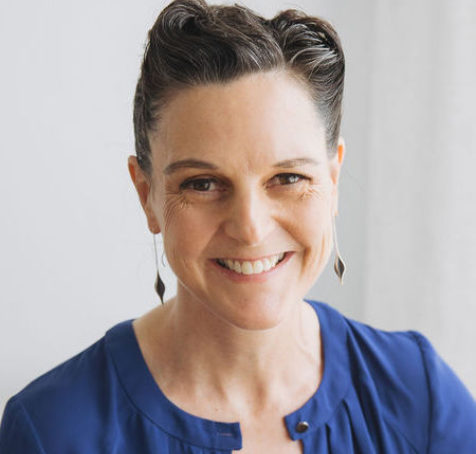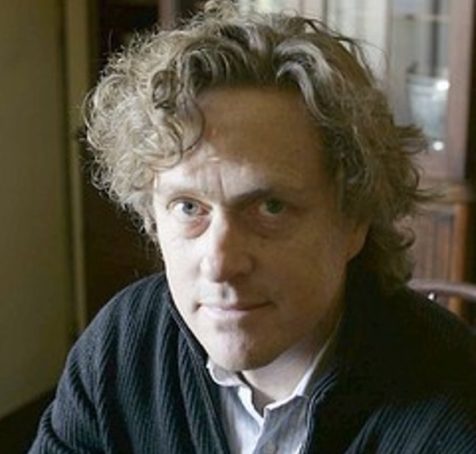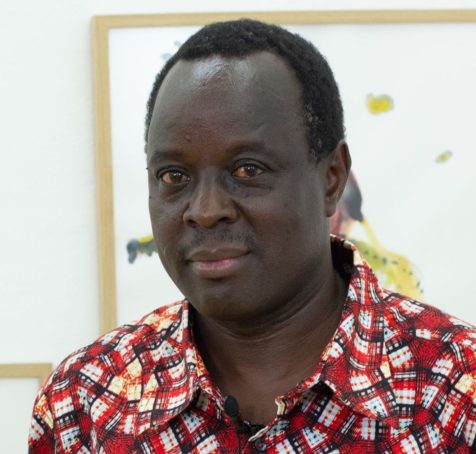The CHCI Nominations Committee welcomes four new board members to CHCI: Kader Konuk, Kylie Message-Jones, Christopher Newfield, and Peter Tirop Simatei.
The Nominations Committee for the 2022-23 nominations cycle included board members Kerill O’Neill, Nadia Al-Bagdadi, and Paul Fleming. The committee welcomed nominations from the entire membership from the 2022 Annual Meeting (May 22, 2022) to the end of November 2022. The board approved a slate of candidates, and this slate was presented to the membership for a vote in January 2023 and was approved. We expect that the committee will again begin accepting nominations after our next Annual Meeting in June 2023.

Kader Konuk
Director, Academy in Exile; Institut für Turkistik, University of Duisburg-Essen; Honorary Professor at the Australian National University’s College of Arts and Social Science

Kylie Message-Jones
Director, Professor of Public Humanities Humanities Research Centre at the Australian National University

Christopher Newfield
Director of Research, Independent Social Research Foundation

Peter Tirop Simatei
Director, African Cluster Centre, Moi University
Kader Konuk is professor and associate chair of Turkish studies at the University Duisburg-Essen in Germany. Prior to this, between 2001–2013, she was an assistant professor and, subsequently, associate professor of comparative literature and German studies at the University of Michigan, Ann Arbor, in the USA. Her research focuses on ethnic and religious communities in the Ottoman Empire, Germany, and Turkey, and examines discourses, cultural practices, and disciplinary formations that are shaped by migration and exile. Her monograph, East West Mimesis: Auerbach in Turkey (Stanford UP 2010), for example, investigates the relationship between German-Jewish exile and the modernization of the humanities in Turkey. East West Mimesis won the annual prizes for the best book in both of her disciplines—it was selected for the René Wellek Prize by the American Comparative Literature Association and received the German Academic Exchange Service (DAAD) award from the German Studies Association. In 2017, she co-founded Academy in Exile, a third-party- funded consortium that has offered 78 scholars-at-risk from 15 different countries fellowships to resume their research in Germany.
Kylie Message-Jones is Professor of Public Humanities and Director of the Humanities Research Centre at the Australian National University. She is also Director of the Australasian Consortium of Humanities Researchers and Centres, a Research Fellow of the National Museum of Australia, and external Advisor to the Vietnamese Museum of Australia. Previously, she was Associate Dean Research for the ANU College of Arts and Social Sciences, and Deputy Chair of the University Research Committee. In preceding years, she was Interim Director of the ANU Research School of Humanities and the Arts, and Head of the School of Archaeology and Anthropology.
Message-Jones is the author of “Collecting Activism, Archiving Occupy Wall Street”, “The Disobedient Museum: Writing at the Edge”, “Museums and Racism”, “Museums and Social Activism: Engaged Protest”, “New Museums and the Making of Culture”, and co-editor of “Museum Theory: An Expanded Field”. She is founding general series editor of the Routledge book series, “Museums in Focus”, and lead general editor of the Bloomsbury series, “A Cultural History of Protest, Dissent and Activism”. Message-Jones’ institutional ethnographies and organizational histories have led to new ways of addressing relationships between racism and contested histories in organizational and public/community settings, and her documentation of curatorial and social activism within multicultural policy climates since the 1970s has contributed to understandings about the political history and impact of culture.
Christopher Newfield was Distinguished Professor of English at the University of California, Santa Barbara and is now Director of Research at the Independent Social Research Foundation in London. A multidisciplinary scholar, his areas of research are Critical University Studies, literary criticism, quantification studies, innovation studies, the intellectual and social effects of the humanities, and U.S. cultural history before the Civil War and after World War II. His current research project involves the nature and effects of literary knowledge. He has written a trilogy of books on the university as an intellectual and social institution: Ivy and Industry: Business and the Making of the American University, 1880-1980 (Duke University Press, 2003); Unmaking the Public University: The Forty Year Assault on the Middle Class (Harvard University Press, 2008); and The Great Mistake: How We Wrecked Public Universities and How We Can Fix Them (Johns Hopkins University Press, 2016). His research on universities emerged from practical experience with university planning and budgeting through the University of California’s academic senate. He is co-author of What Metrics Matter? Academic Life in the Quantified University (Johns Hopkins University Press, 2023) and is co-editor of The Limits of the Numerical (University of Chicago Press, 2022). He has served as co-principal investigator on a multi-year grants from the National Science Foundation (“Nanotechnology in Society”) and as PI on a multi-year collaborative research grant funded by the National Endowment for the Humanities (“Limits of the Numerical: Metrics and the Humanities in Higher Education”). He has co-authored a film, What Happened to Solar Innovation? He also writes about American intellectual and cultural history (The Emerson Effect: Individualism and Submission in America, University of Chicago Press), and has co-edited Mapping Multiculturalism (University of Minnesota Press) with Avery F. Gordon. He is immediate past president of the Modern Language Association. He blogs on higher education policy at Remaking the University, and has written for the Huffington Post, Inside Higher Ed, The Chronicle of Higher Education, WonkHE (UK), The Guardian’s Higher Education Network, and the Los Angeles Review of Books.
Peter Tirop Simatei is a Professor of Comparative Literature. He teaches African literature, Diaspora studies, literary theory and African Cinema in the Department of Literature, Theatre & Film. He has a BA (Hons) from the University of Nairobi, M.Phil from Moi University and a PhD from the University of Bayreuth, Germany. Prof. Simatei is a Fellow of the Alexander von Humboldt Stiftung. He has been a German Research Council (DFG) Post-doctoral Fellow (Postcolonial Studies Program) at the University of Munich (LMU) and a fellow of the Five College African Scholars program at the University of Massachusetts, USA. Peter Simatei works in the broad fields of Postcolonial studies, Anglophone literatures, and Diaspora studies (all of which intersect). His focus is on negotiations of diaspora, migration, and gender and popular culture. His research enjoys international standing in postcolonial literary and cultural studies with specialization in the areas of East African, African and Indian diaspora literature and popular culture. His work aims to understand the ways in which diaspora and diasporic identities work within, against, and/or around national identities. Published in reputable journals Simatei’s work makes an important intervention in theories of diaspora that sometimes all too easily discount the centrality of the nation-state to diasporic consciousness. His future emphasis will be on the visions of the future that have been generated in Africa and its diasporas.